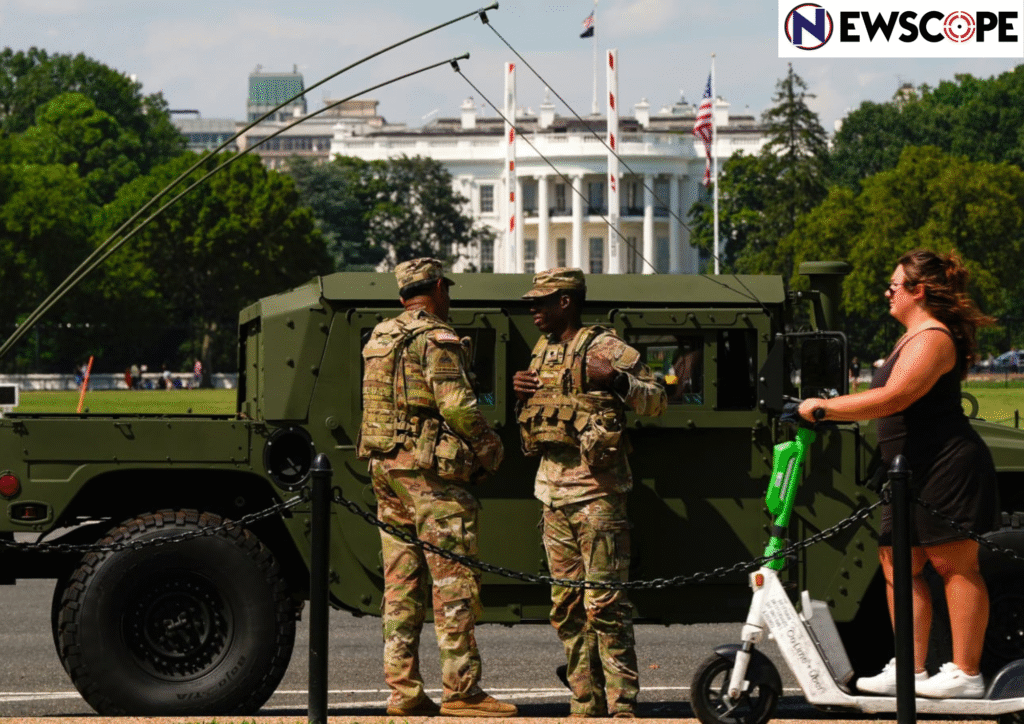A Republican governor has decided to send National Guard troops from his state to Washington, D.C.—a move that’s stirring both support and skepticism across the political spectrum.
The governor, in a statement released Monday, said the deployment is about “standing with the nation’s capital” at a time of uncertainty. He framed it as an act of duty and solidarity, insisting that when Washington asks for help, his state will answer. But behind the official words lies a deeper story about America’s mood.
For some, the sight of National Guard soldiers rolling into Washington will bring reassurance: a reminder that the country’s institutions still have each other’s backs when push comes to shove. For others, it feels unsettling—a visual echo of past deployments during protests and unrest that left residents on edge.“We’ve got enough problems at home—floods, wildfires, you name it,” said one critic, a state legislator who questioned whether the governor was more interested in headlines than real help. “The Guard should be here for our people, not for political theater.” Supporters see it differently. “This isn’t about politics—it’s about patriotism,” said a retired Guard member who welcomed the decision. “When the capital calls, you answer. Period.”
The truth likely sits somewhere in the middle. Analysts point out that governors, especially in Republican-led states, often lean on law-and-order messaging to project strength. Deploying troops, even symbolically, sends a signal—to Washington, to voters, and to the governor’s political base. For residents of D.C., though, it’s less about political symbolism and more about daily life. More uniforms on the streets mean tighter checkpoints, more traffic slowdowns, and an ever-present reminder that the city lives at the heart of national tensions. Whether this deployment ends up calming nerves or sparking fresh debate remains to be seen. But one thing is certain: in today’s divided America, even the movement of citizen-soldiers meant to protect can quickly become another flashpoint in a country still trying to figure out what unity looks like.
